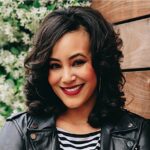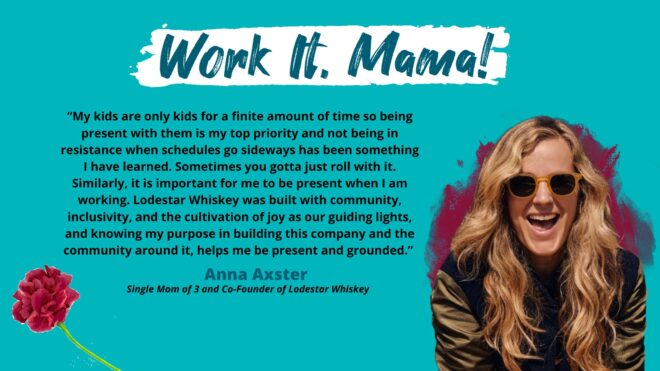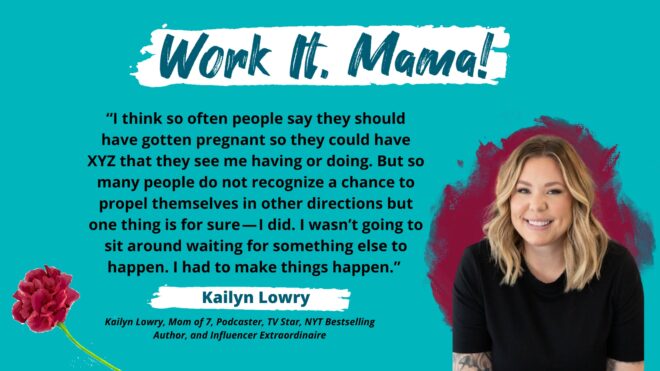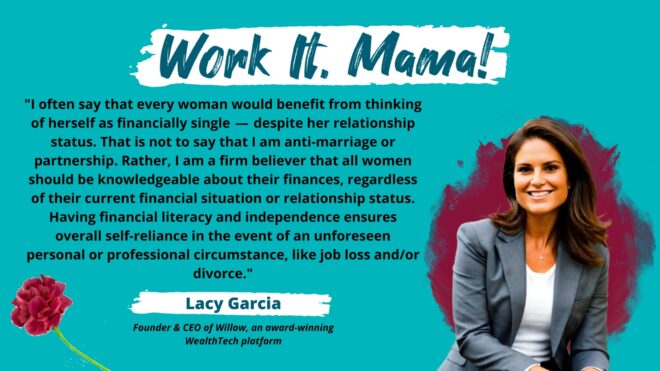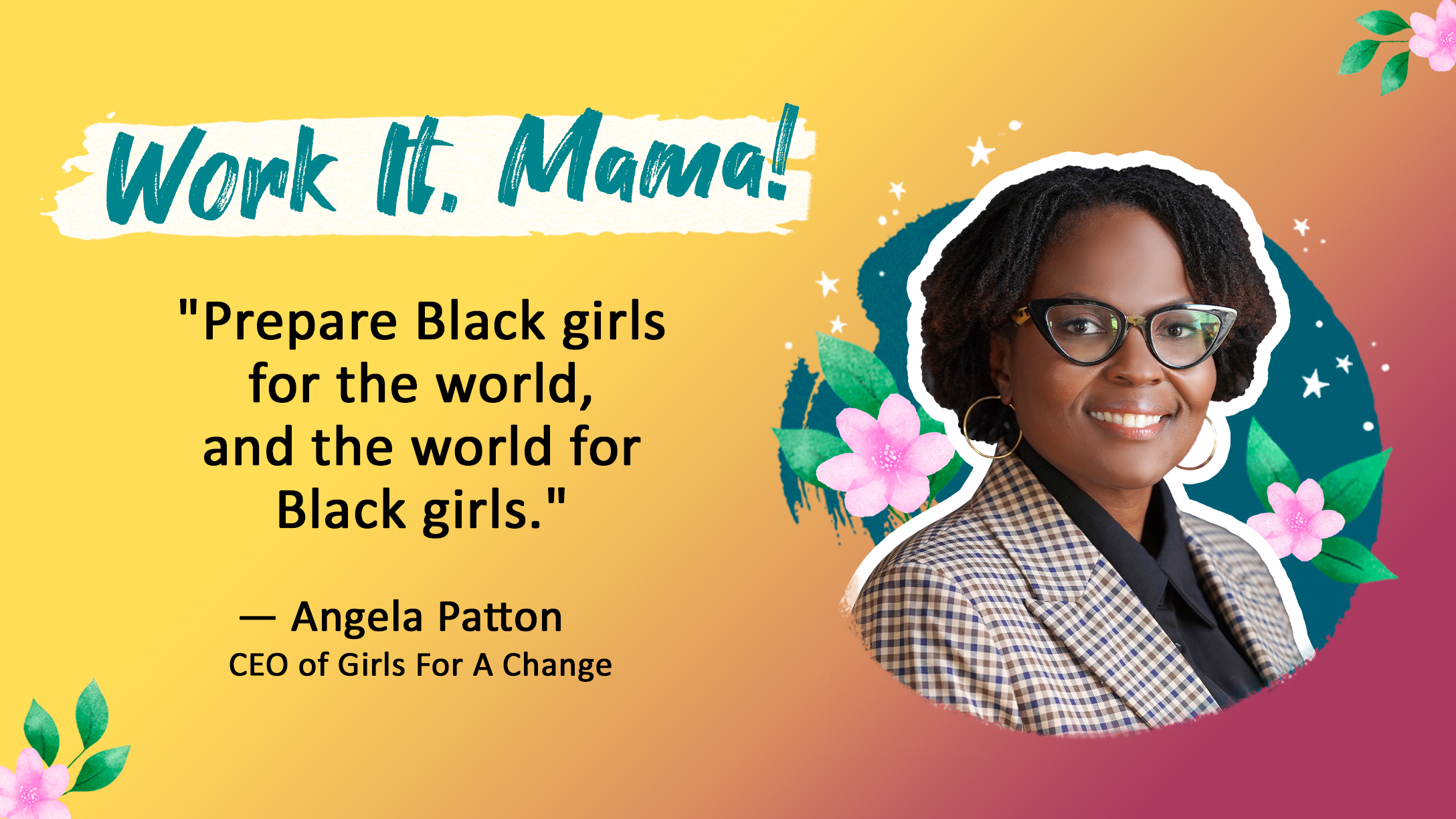
In CafeMom's monthly series, Work It, Mama, powerful moms detail how they navigate their professions and home life.
When it comes to equipping Black girls with tools to be successful both socially and professionally, Angela Patton, the CEO of Girls For A Change, is the ultimate guru. GFAC, a Virginia-based nonprofit organization, seeks to empower girls and young women by inviting them to design, lead, fund, and implement social change projects that tackle issues girls face in their own neighborhoods.
What started out as a leadership program for all young women grew into a focused program specifically for Black young women. "I decided to focus on a group of individuals that were often ignored," Patton explains during a chat with CafeMom's editorial director, Jessica Herndon. "We didn't have anybody that cared about uplifting the well-being of a Black girl."
Patton admits GFAC's focus has been met with criticism, but to that the mom of two says, "You're supposed to fit in where there is a gap. I received a calling and I answered it. I'm never gonna come to you and say, 'Why did you do something for the LGBTQ community? You forgot all about heterosexuals.' I want to make sure Black girls are seen and they're heard and they're celebrated."
Here, Patton details GFAC's impact and how she achieves her own peace of mind.
You work a lot with girls in middle school. Why focus on this age group?
"We need to start discussing college, their bodies, and thoughts on stem education," says Patton. "By middle school they've already received the messages that girls don't do math and girls are not engineers. I never like that."
Patton says she is sure not to sit in a bubble and cook up ways to engage with and encourage the girls she works with. Instead, she works with them to identify what they need. "I listen to girls and cocreating with them," she says. "This helps me to know when I need to get out the way and pay attention to what they're saying or doing – then I incorporate that into the curriculum."
What does the curriculum involve?
"Giving girls agency, especially around their voice. I want them to not only ask for that seat but try to own as many as you can," Patton says. "I'm always trying to make sure that I encourage and empower them. For those specifically on our girl action team, the girls identify issues in the community, tackle them, and then come up with solutions. The heartbeat of our organization is around social change projects that can address biases and microaggressions."
What's an example of a microaggression you've discussed with your girls?
"A lot of times young girls don't feel like they're even worthy of asking somebody, for an example, not to touch [their] hair. They think that they have to just to appease them, especially if they're in certain school settings where they may not be the majority," explains Patton.
"Maybe you're the only Black girl in the class and you're just trying to make a friend. So a lot of people get passes. But then these girls come into all-Black settings and express that they weren’t too comfortable about it. So we give girls the tools and resources and the support to feel like they can always speak up for themselves. It's all about awareness."
Do you have a work/life motto that you always tell yourself and the girls you work with?
"Yes I do. And it's actually my mission. It has been my motto for about 10 years, and it is "Prepare Black girls for the world and the world for Black girls" because what I realized is that this work is just not about them. When everybody else still doesn't see you for what you have to offer and you come equipped and capable of doing the job, probably better than anybody else, and they still push you out because of your gender and your race, that means the world needs some work too."
Patton adds that she's had girls who have said, "'I leaned in and I still can't get this.' I said, 'You know what? We need to talk to the people who have the power. I need to put you in front of people to see how amazing you are.'" Patton has since taken girls on trips to businesses they are interested in, such as STEM industries, and to meet authors.
"I'm making sure that they understand how the doors can be opened by networking and providing resources," she explains. "I'm also encouraging the people who have the power to open the door, to give them internships, to give them mentorship."
The response the girls in GFAC have received from those in positions of power has been “amazing” says Patton, whose team has also connected the girls they work with to big names like Ellen Degeneres, Joel Edgerton, and Andra Day. "They started to realize they have the power to do more too."
How do you achieve your own peace of mind and balance?
"Manage is probably the word that I like because balance is not in my vocabulary," says Patton. "I am not in a position to think that everybody else is responsible for my health and well-being with me."
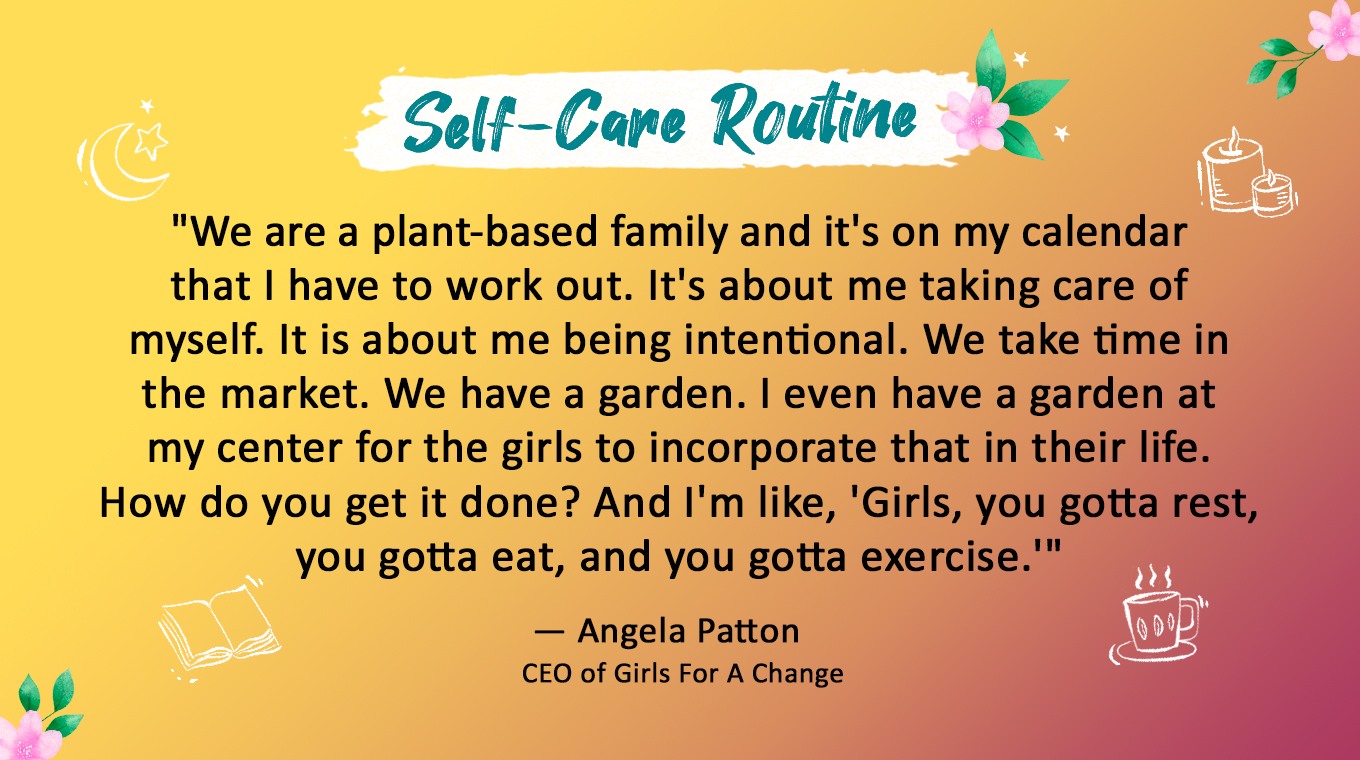
"Meditation is important," Patton adds. "Checking in with each other is important. I go to spas and concerts and comedy shows. I love laughing. I think humor is healing. My body is very strong and healthy. I have to make sure that I can show up for my community."
